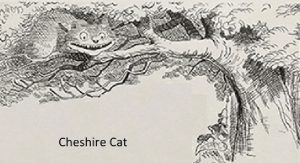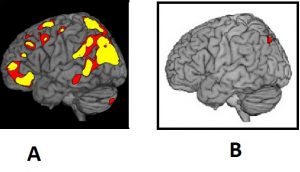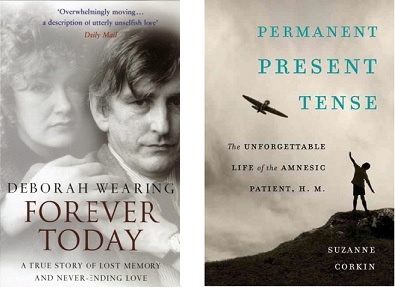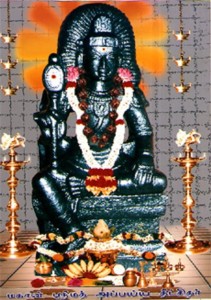 Perhaps it may not be far from truth to say that many people hold the idea that the world is an “appearance” and the real “substance” behind is the featureless and formless ‘brahman.’ Several teachers too pronounce that ‘The world is the manifest form of brahman.’ It is presented that ‘brahman‘ is “the ‘as-though’ kAraNa” (cause) and the world is the kArya (effect).
Perhaps it may not be far from truth to say that many people hold the idea that the world is an “appearance” and the real “substance” behind is the featureless and formless ‘brahman.’ Several teachers too pronounce that ‘The world is the manifest form of brahman.’ It is presented that ‘brahman‘ is “the ‘as-though’ kAraNa” (cause) and the world is the kArya (effect).
“Most religions stop with a [that] description of the creator as pertaining to the intelligent cause for the universe. vedAnta goes one step further to define Ishvara as not only the intelligent cause or nimitta kAraNa, but also the material cause or upAdAna kAraNa as well. We thus have an improved definition for Ishvara as ‘jagat kAraNam IshvaraH’, where kAraNam or cause involves undifferentiable intelligent and material cause (abhinna nimitta upAdAna kAraNa).” [Please see here ] Continue reading




